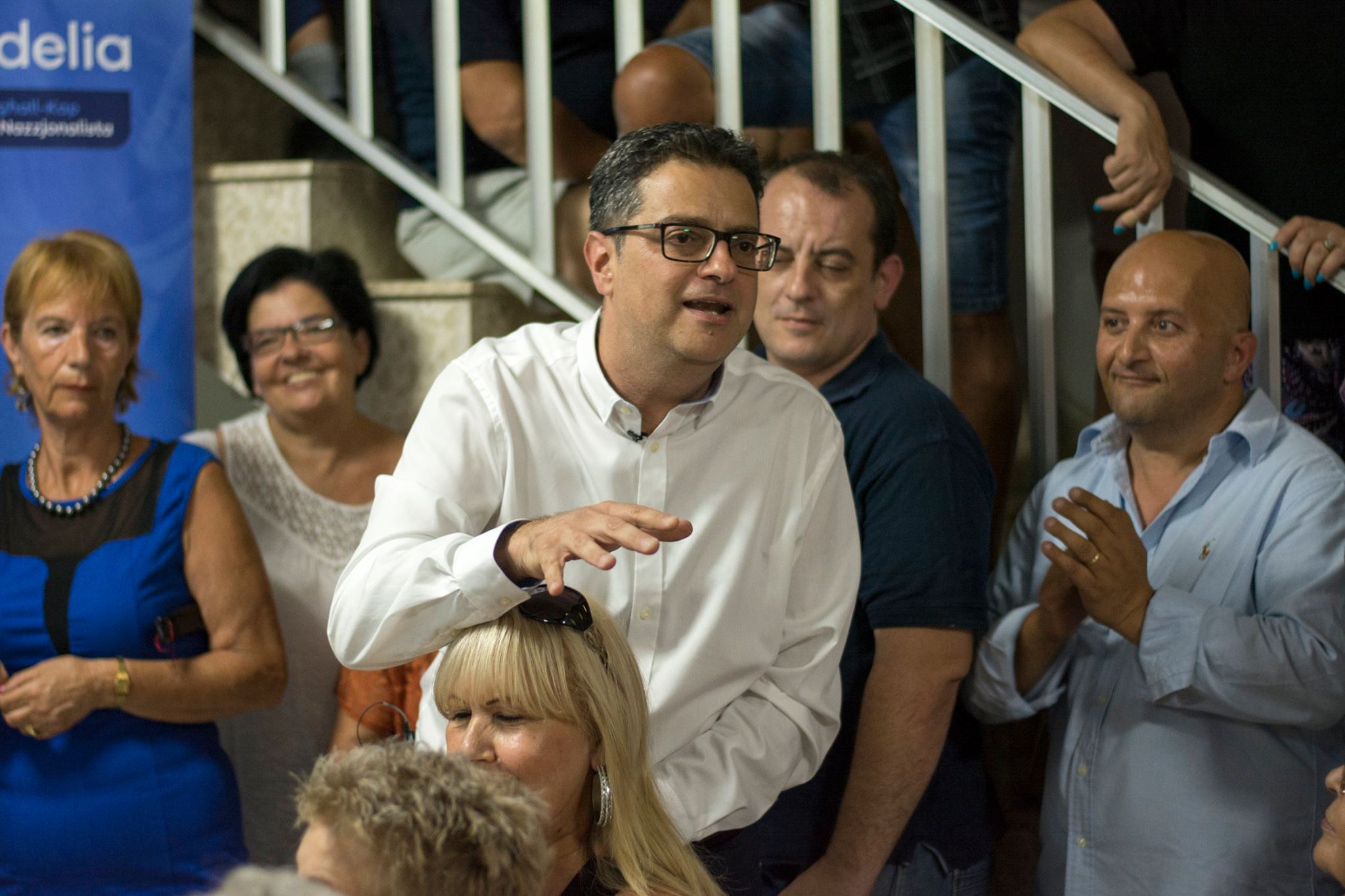The councillors’ opposition to Adrian Delia was split
Tra due litiganti, il terzo gode. The opposition to Adrian Delia among Nationalist Party councillors was split in yesterday’s vote, which is exactly what allowed him to surge to the fore.
This highlights a lack of strategic thinking – chess-player thinking – among those responsible for keeping the Nationalist Party safe from hijack by corrupt and shady elements. The mistake made was to think of the councillors as dividing into three camps, and to fight that election as one between three camps.
The reality is that it became clear at some point, even to outsiders like me whose role is to watch and observe, that the councillors would actually divide into two camps and not three: pro-Delia and anti-Delia. In that scenario, it was disastrously self-defeating to continue splitting the anti-Delia camp into two groups between two rival candidates.
The weaker candidate should have pulled out of the race, leaving a clear competition between Adrian Delia and Chris Said (Frank Portelli was irrelevant). This did not happen because the weaker candidate had significant internal backing and also a certain amount of public approval. But the public does not vote in these elections.
With a clear competition between those two, anti-Delia councillors would all have voted for Dr Said and the vote would not have been split. It would have been neck and neck, but it would have spared us the disgusting scenes of triumphalism last night, and the premature crowing.
As it is, the message that the general public and, more pertinently, the party members who have the vote, will pick up from this is that Adrian Delia is the clear favourite with councillors. This will only serve to encourage party members to vote for him as perception of popularity, however false, is infectious.
In reality, more councillors don’t want him than do: 616 councillors voted for Adrian Delia but 722 councillors voted against him.

